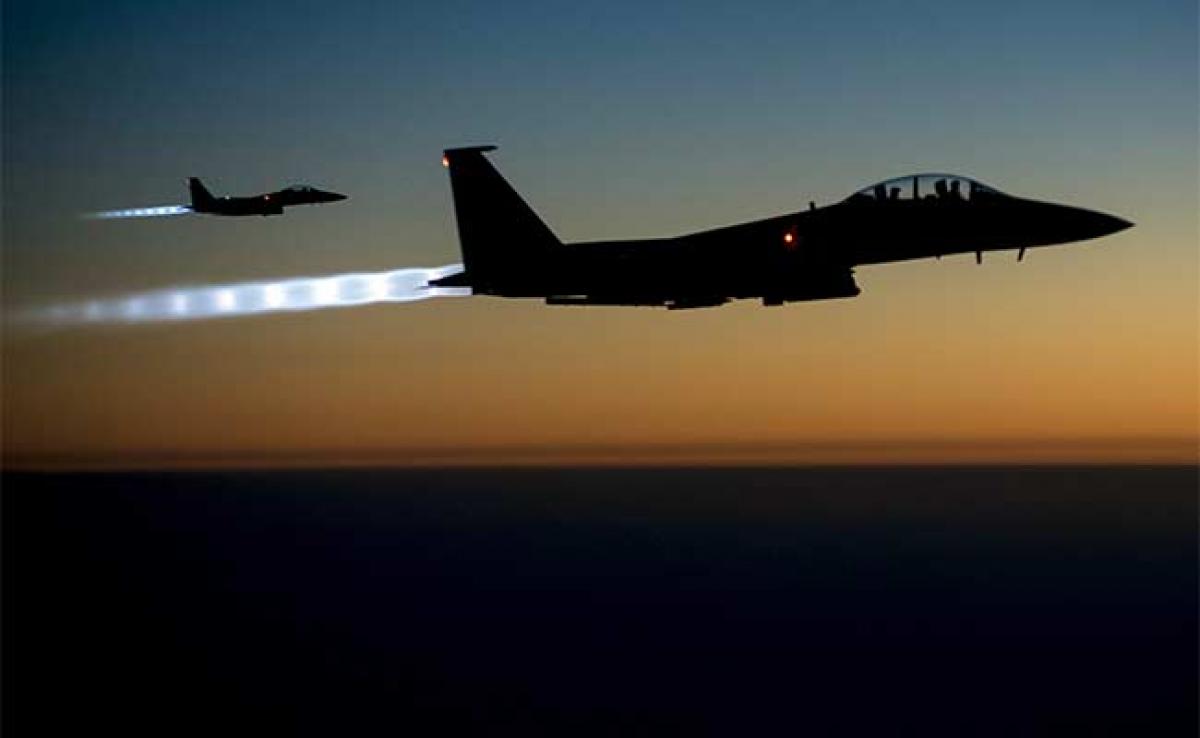Live
- Pvt buses in Corbett area: SC emphasises on having ‘balanced view’
- 77 cases of illegal felling of trees reported in Doda
- A shot in arm for TG govt as HC greenlights Musi project
- Are strict laws needed to ensure MLAs attend Assembly sessions?
- Trekking above 3K metres in Kangra temporarily banned
- Protest in Hamirpur over closure of charitable hospital
- Vaishno Devi ropeway row: Two detained in fresh protest, FIR against 8
- Ensure food items served to students are not contaminated: Collector
- Jhansi medical college fire: UP govt removes principal, suspends 3 staff members
- Student hangs self at Gurukulam









